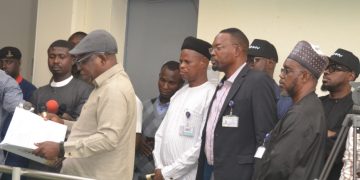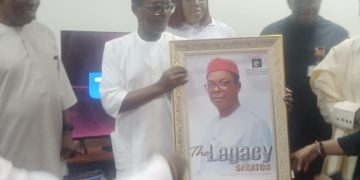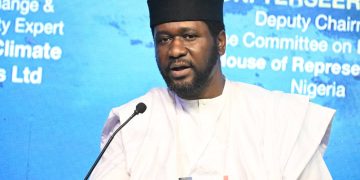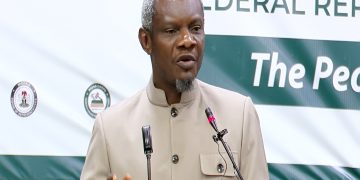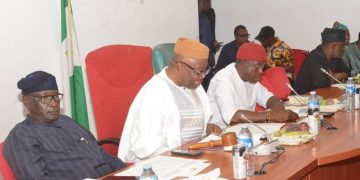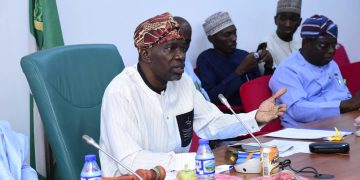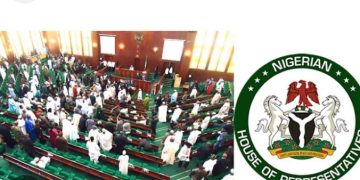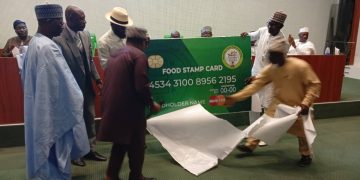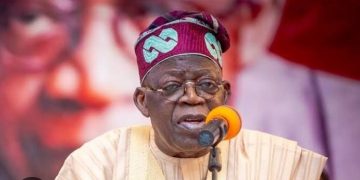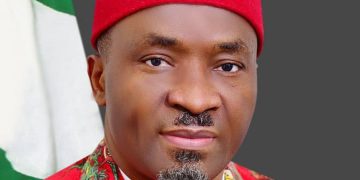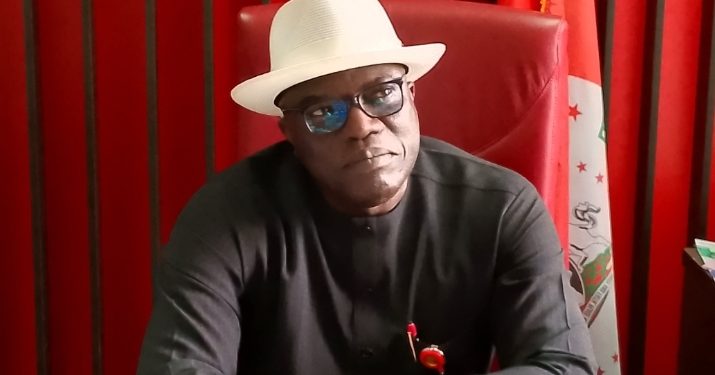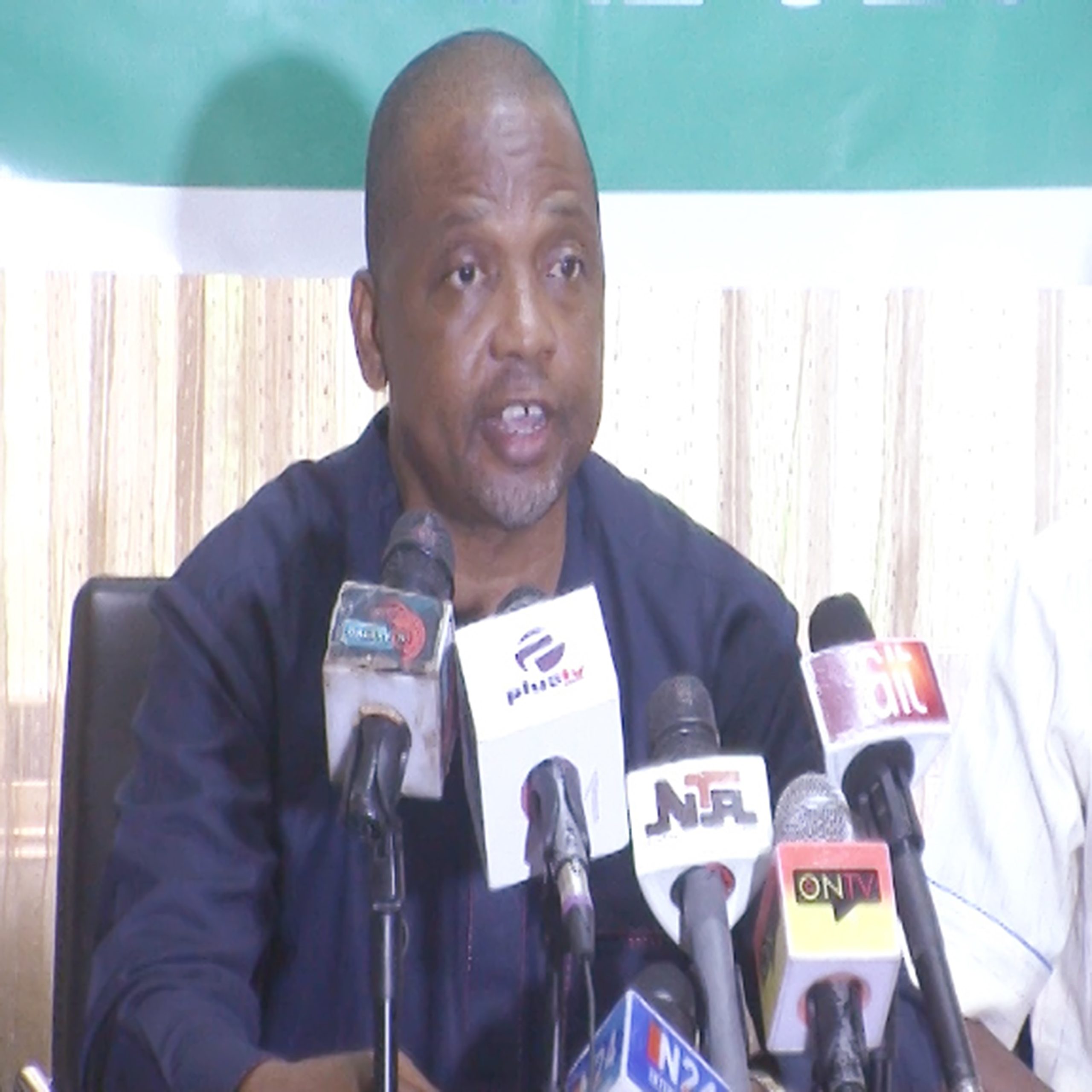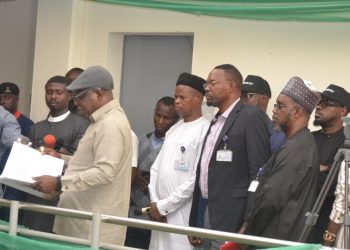By Comfort Olayinka
Senator Neda Imasuen, Chairman of the Senate Committee on Ethics, Privileges and Public Petitions, has strongly defended the relationship between Nigeria’s legislature and executive, rejecting the notion that the Senate has become a “rubber stamp” institution.
In a candid interview, the Senator representing Edo South Senatorial District addressed rising public concerns about the Senate’s independence and alleged bias in favor of the ruling All Progressives Congress (APC).
“Every bill, whether from the executive or a private member, is judged on its merit,” Imasuen stated. “If it’s a good bill, it gets my support. If it’s bad, I vote against it—regardless of party.”
“The issue of rubber stamping has been on not even with the 10th Senate. I believe the 9th Senate also had its fair share of that, that mark, but it’s an interesting thing for me, because if there’s a healthy relationship between the parliament and the executive, it shouldn’t be seen as as rubber stamping.”
” For me as a parliamentarian, what we see is a bill, whether it’s for an executive bill or a bill for a member’s bill, and a bill comes as a bill doesn’t it’s not clothed under any symbol of party, whether it’s labor, pdpc, or what have you. It comes as a good bill or as a bad bill. And so when a bad bill comes, I will not support it.”
On the controversial wave of political defections, Imasuen dismissed fears of Nigeria turning into a one-party state, calling such concerns “overstated.” He argued that defections are protected under the constitution and are often due to instability in opposition parties, not a systematic absorption by the APC.
“Defection is not a crime, and our constitution still recognizes the freedom of movement and association and no political party has the right to deny membership of its party, and so anyone who gravitates towards any political party is free to do so. I don’t even believe that the movement as we see today, will lead to what they call a one party state.”
“No, there was a time that PDP ran this country, where almost all the governors were PDP. It wasn’t seen as a one party state at the time. It’s seen as such now because people are moving to a particular party. No, it’s not. Don’t also forget, as a party in government, and what do you expect of a government, party in government it’s more stable.”
He also addressed concerns over the proliferation of bills seeking to establish new institutions, saying every senator has the constitutional right to propose such bills. “But if the budget cannot fund them, they remain unfunded,” he clarified.
Looking ahead to the upcoming national security summit, Imasuen expressed optimism, stating that unlike past summits which yielded no results, President Bola Tinubu is “serious about security” and will act on recommendations.
Reflecting on the 10th Senate’s performance so far, he described it as a challenging yet determined journey, praising President Tinubu’s courage in making tough policy decisions, including controversial reforms and the VAT restructuring.
With two years into its term, Imasuen believes the Senate is playing a vital role in stabilizing the country amidst economic and security challenges.
“Everyone must work together,” he emphasized. “This is not the time for division. It’s time for rebuilding.”


